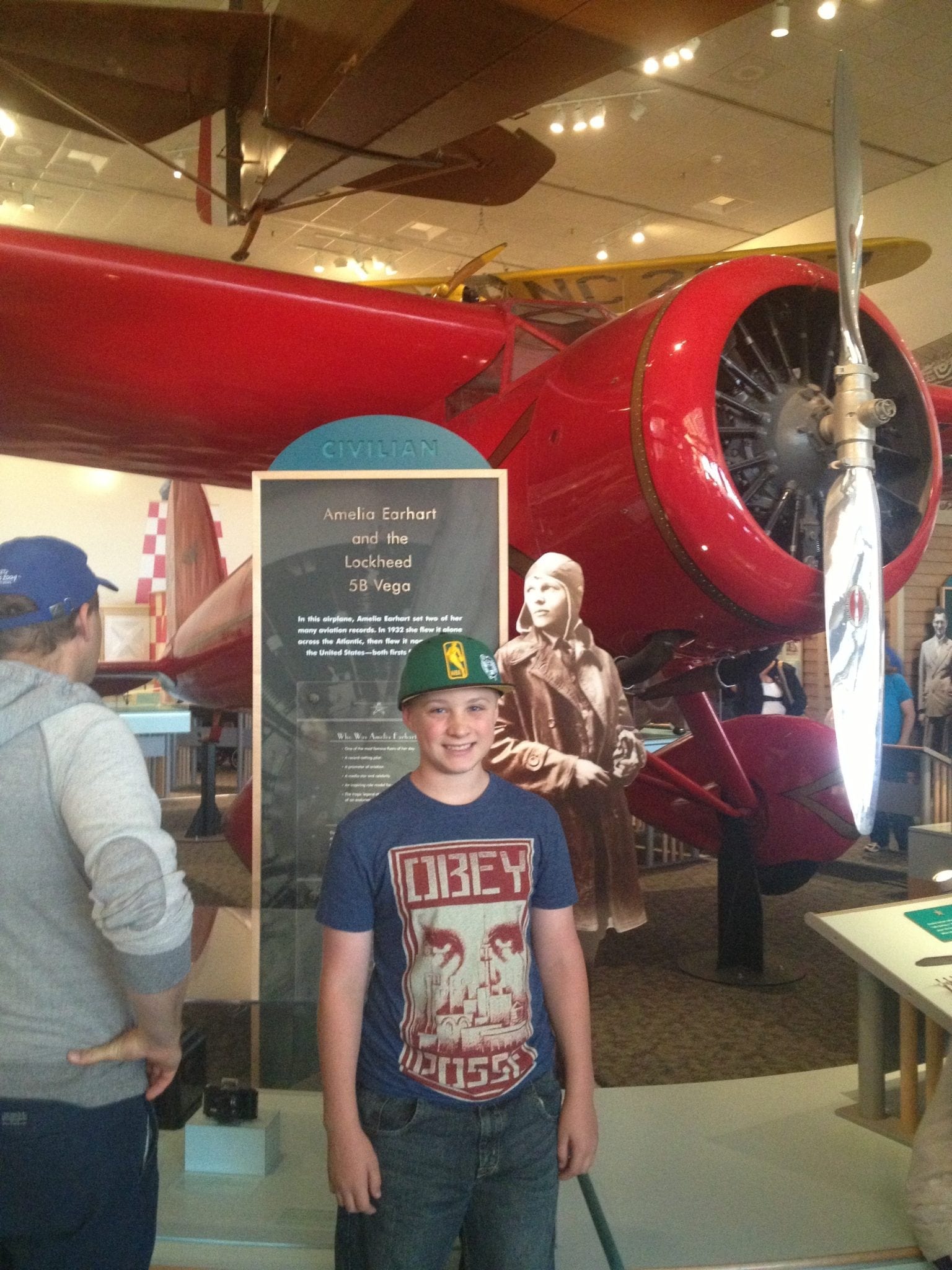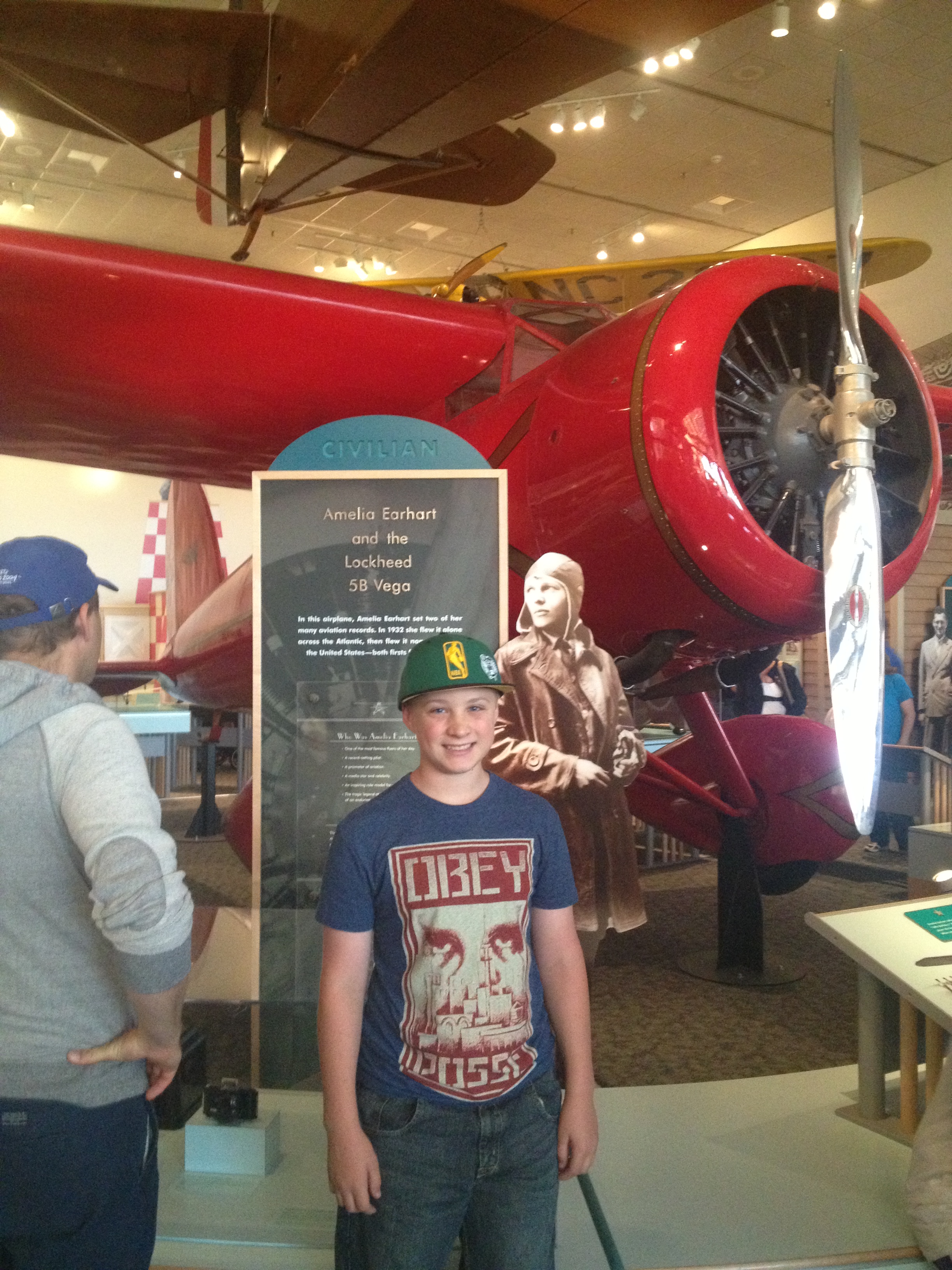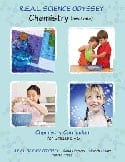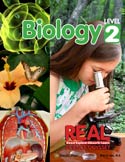Feb 3, 2015 | Blair Lee
Secular Academics for Homeschoolers Webinar
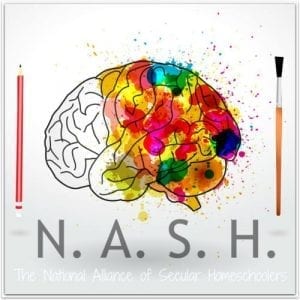 I was so busy moderating the session Secular Academics, I did not really listen to it until just now. What a great talk! What an amazing group of homeschooling parents! WOW! You can click on this link All About Secular Curricula to listen to this as a podcast. I will apologize ahead of time for the audio on my end. It could be better; I am sorry. Everyone else sounded great though! We have it in both the auditory version and the written version, because we are homeschoolers, so you know we are all about making sure people can access the information in what ever way works best for them! 😉
I was so busy moderating the session Secular Academics, I did not really listen to it until just now. What a great talk! What an amazing group of homeschooling parents! WOW! You can click on this link All About Secular Curricula to listen to this as a podcast. I will apologize ahead of time for the audio on my end. It could be better; I am sorry. Everyone else sounded great though! We have it in both the auditory version and the written version, because we are homeschoolers, so you know we are all about making sure people can access the information in what ever way works best for them! 😉
These are the edited show notes from this talk about secular academics. I like to write as I think, so I asked the panelists to write their answers to the questions I would ask them before the talk. These are the answers they sent me. Jason Grooms gave some fantastic answers, but you are going to have to listen to the taped talk to hear those. These notes include two answers, one from Kate and one from Sonja, to questions I didn’t ask during the talk but had asked them ahead of time to please answer.
The topic of this talk was Secular Academics as it applies to Homeschool Curricula and Programs, this includes curriculum, co-ops, and live & online programs. If you are new to homeschooling or you are reading this to decide if you want to homeschool I can tell you that one of the most challenging issues for homeschoolers is choosing curriculum and programs for their kids. For those of us who want secular academics, finding curriculum and programs that we like, that work for our kids, can be extremely challenging. It’s how I came to be writing science courses for our community.
Before introducing our panel members I want to broaden the scope of secular academics for our discussion of science curricula and programs beyond the basic definition of secular. The science curricula and programs the members of this panel endorse are those that present the accepted facts, principles, models, and theories explaining how the natural and physical world works as recommended by a majority of practicing experts in that area of science. We do not approve of science curricula and programs that exclude or misrepresent scientific facts, principles, models, or theories considered core ideas in that field of science. I would like to call your attention to the word exclude in the statement above, “We do not approve of science curricula and programs that exclude scientific facts, principles, models, or theories considered core ideas in that field of science.” This is an important distinction, because some secular science materials exclude core scientific concepts. We do not endorse or approve of materials that do that.
The panelists to discuss Secular Academics
Kate Johnson is the president of Pandia Press Inc, which publishes History Odyssey, History Quest, and REAL Science Odyssey courses all secular academic materials. She has four children, ages 8 to 21, and has homeschooled for 15 years since 1997. Kate’s oldest, Sarah, is a pre-med student finishing up her bachelor’s degree in Biology at FIU in Miami. Kate began homeschooling because she moved to an area with one very poor school choice available, and she started a homeschooling curricula company because of the lack of secular curricula choices available. Her education is a Bachelor of Science in Occupational Therapy and a few credits short of a Masters in Education. Kate owes her success to surrounding herself with talented people. She works with about a dozen history and science writers (including Blair Lee) across the country to bring the homeschooling community much needed secular curricula.
I first met Thom Jones through the secularhomeschoolers@yahoo.com group. A group that is still active and I recommend highly. There are many veteran homeschoolers in that group, and some of the best information that I have ever gotten when I needed help homeschooling was through this group. I will admit to being a little intimidated the first time I read something that Thom posted. Thom is eloquent, erudite, and really knows what he’s talking about. It is always great to hear what he’s doing as he homeschools his kids. I was delighted when he agreed to be on our panel. My son is taking 2 of his online classes right now. The classes are History in Context and Introduction to Law, http://www.crimescenecamps.com/onlineclasses.html. Sean, told me on Friday that they were his favorite classes this quarter. I am totally jealous because this means he likes Thom’s classes better than my science! How could I have a non-science crazy kid!?!
I first met Sonja Kueppers at the Nash conference. Sonja brings so much to any discussion; when Sonja speaks on an issue I listen. Sonja is on the secular alliances committee with me. She wrote the standard for secular academics on what constitutes secular history curriculum, and it is good. We’ve worked to develop standards for history and science to enable us to evaluate curricula and programs in the future.
Jason Grooms is a fellow scientist. He has published two science books, one on zoos and animals & the other a bug book as well as other secular science materials. Jason owns The Brainy Tourist, a site where you can find original reviews and unique educational materials that can enhance your visit to local tourist spots. Before Jason gives his bio, I would like to point out that 2 of the 6 people on this panel are men. While it is true that most of the education in the homeschool community is done by women, there are men doing it too, either alone or in conjunction with their significant other. Secular academics and breaking down stereotypes that’s what we’re about today.
Blair: I want to take the first question myself. Many people wrote in questions without specifying which panel they wanted to answer the question. I decided to answer the following question because I think it goes to the heart of why there is a need for a panel discussion about secular academics and choosing curriculum and programs.
The question is: How do you tell what is enough without drowning them?
Actually, this isn’t easy. It isn’t easy for homeschooling parents, and it isn’t easy for traditional school teachers either. It just isn’t easy – there is so much to be learned, plus what is too much for one student is not enough for another – In particular it is difficult to figure this out when you first start homeschooling. Good curricula and programs solve this problem. Choose material meant to be done over a certain period of time, and when your child is done, they are done with what they need to cover. The real shocker often for newbie homeschoolers is how fast homeschool kids get done with a year’s worth of material. That’s why homeshoolers have so much play time!
There are two things you need to pay attention to when choosing materials.
1.) The first is to make sure that the material was developed by someone who is an expert in the area, someone you trust as far as content knowledge. If the person is an expert in the field you can expect them to have a good idea of what material should be taught and how to cover it. In the homeschool community you also need to make sure the material is academically secular. For example, I write most of my son Sean’s science material, but occasionally I will sign him up for a science program that adds to what we’re learning. I ask before signing him up if the program is secular and by secular I don’t mean neutral, I ask “do you teach evolution and what is your position on it?” That is a hard question to ask fellow homeschoolers even for somebody who has outed herself as a secular homeschooler, but it’s important. I’m certainly better equipped than my son is to deal with this if the answer is no. If you are buying material get on a chat group and ask others what they know of the material.
2.) The 2nd thing, If I can find it, I prefer secular academic materials that were developed by someone who homeschools, because they have an idea of how to get through the material in a year. If I can’t get that then I at least want a schedule with a timeline giving me advice about how to schedule the material. Take a traditional school science textbook for example. Public school texts are written to be used by a teacher who has some knowledge, sometimes a lot of knowledge in the upper grades, about that subject. Those textbooks are written with much more material than is expected to be covered in year. There is so much material because the publishers want teachers to have choices, and they want to be able to meet the state standards of multiple states. For example the state standards for middle school biology in California are different than those in Oregon or Georgia. To meet all those state standards you have to have much more material than you would need for only one state or yearlong class. As a homeschooling parent how do you know what to cover and what not to? Materials written by people with experience homeschooling are generally a better fit timewise for homeschoolers.
My final tip on this, if something looks interesting but you are not sure, ask to see a sample. If they won’t give you one, think twice before purchasing it. Even if you know someone who had really good luck with that program, always remember – one-size-fits-all, does not. I give you this advice because I don’t even want to admit how much money I’ve spent over the past 9 years on material that wasn’t a good fit for us, that I didn’t check out beforehand, that I couldn’t return.
Now this isn’t the only reason for using secular academic curriculum and materials, most veteran homeschoolers would tell you the enrichment to their child’s education from these materials is an even larger benefit.
My first question for the panel is for someone who is enriching my child’s education right now.
Secular Academics How to Choose Materials
Thom, what are your thoughts on the following question: How do I know I can trust the material if I am not an expert in the discipline? Are there any questions or things that you think someone should look for?
Thom: The idea of mastery of an entire discipline is somewhat artificial. Specialization in every academic field has rendered this idea moot, although it is still attractive to many. In one of the oddest insults in my life, I was called a dilettante by a history professor who lamented that I wanted to study too many different things. My response was that it used to be the norm that people would delve into many areas. If you think about the great minds in history, they studied science, art, history, religion, music, philosophy, and so on. Those we point to were truly exceptional intellects who were able to establish themselves as masters of intellectual inquiry. Fast forward to the present, and you can turn this same question to teachers in schools. They go through education programs where they spend a great deal of time on process, and little on content–believe me, I’ve taught enough education majors in my day.
If we can accept that we don’t have to be masters of everything, then we can turn our attention to the issue of coupling our focus on our children’s growth with reliable, engaging materials. There are multiple ways to ensure that you’re not getting into a set of materials that are not usable. Start by asking other homeschoolers who’ve been there if they used the materials and what their thoughts are. Consider the source of the materials. Are they published, presented, or created by a reliable person or company you trust to develop secular academic materials? If you’re not sure, then find out what you can about the person who wrote or created the materials. If they are offering a chemistry curriculum, do they have training in chemistry? Read the introduction, if possible. Often, you can find out about the scope and focus of materials this way. Finally, this is a very unscientific comment, but consider the way the materials are advertised. Do they promise something that is ridiculous? The one thing that I always look for is whether materials require or encourage critical thinking. I tell all of my students that I don’t care about memorizing lists of dates or names. You can look all of that up on the internet. Rather, I want people to think. This allows for the meshing of different backgrounds and learning styles, which is at the heart of homeschooling. In my opinion, reliable materials should allow for this.
Emily, this whole issue must be really hard for publishers and authors who are developing secular academic curriculum. What do you have to say to the person who asks, “Shouldn’t secular history and literature curriculum avoid all mention of God and Christianity?”
Emily: I hear it in regards to history, poetry, and literature that might mention a deity or reference Judeo Christian thought and ideals. History needs to be taught in the context of religion (Crusades, Tudor England, 30 Years War, etc. make no sense if you exclude all mention on Christianity). Cultural literacy – stories from the Judeo-Christian bible need to be taught at some point, because so much of the cannon of Western Civilization is built upon a common understanding of the them.
You had to think about this issue too Sonja when writing the history standard. What are your thoughts?
Sonja: To say that the study of history, literature, or art should avoid all mention of a God or Christianity would be to leave out important aspects of these fields. It’s not possible to engage in a serious study of any of these disciplines without considering the impact religion has on human societies and on individuals. The difference for secular academics between a secular curriculum and a non-secular curriculum is that a secular curriculum addresses the role of religions in history and culture without judging the religious belief as “true” or “false.”
To look at a simple example illustrating this difference, a Christian history curriculum might tell us that Constantine saw a vision from God, instructing him to paint a Christian symbol on his soldiers’ shields before an important battle. After he won the battle with God’s help, he became a convert to Christianity and ushered in an era of religious tolerance in the Roman Empire. A secular curriculum might tell the same story (we are assuming here that neither of these curricula treats the matter in any kind of depth), but instead of saying that Constantine saw a vision from God or won the battle with God’s help, it would say that Constantine *reported* that he had seen a vision from the Christian God, and credited his victory to divine intervention.
Incidentally, this brings up an important side point, which is that just because a curriculum is secular doesn’t mean it’s a good curriculum. A *good* history curriculum doesn’t treat history as a series of facts and stories, as in my example here, but instead encourages students to ask questions about *how we know* what we think
we know.
Jason, you are the author of some secular academic homeschool curriculum, and you and your wife have seen a lot of other curriculum over the last 18 years. Actually I should also plug Jason’s wife who writes a blog called homeschool game school that does a really nice job of evaluating and recommending material for use by homeschoolers. She is also running the Homeschooling high School panel discussion on Thursday. Jason, one of the most common problems for homeschoolers looking for secular academics that I hear is that it is hard to find secular curriculum. Do you have any suggestions for these people?
Jason: You will have to listen to the podcast for Jason’s answer. It is a great answer !
Secular Academics and the Rewriting of history texts in Public Schools
Because of my lack of accent, most of you would not guess where I went to high school. I went to high school in Conroe, Texas. So I have been watching the Texas textbook controversy very closely. Sonja, what was the recent controversy about the adoption of history textbooks in Texas? and does it affect homeschoolers?
Sonja, because of its size and the nature of its textbook approval process, Texas has long had a significant influence on textbooks nationwide. Textbook publishers have historically desired to publish textbooks that met the adoption criteria in Texas, which have then also been sold in other states.
The latest controversy has to do with the current US History standards in Texas, which require students to “identify the individuals whose principles of laws and government institutions informed the American founding documents, including those of Moses.”
Reputable historians tell us there is no evidence that the founding fathers were influenced in any meaningful way by the ideas of Moses, so these Texas requirements aren’t based in a reading of the historical record in line with good scholarship.
While this has a major effect on school students in Texas, and may have some effect on school students in other states, the effect on homeschoolers is fairly limited, because most homeschoolers don’t use public school textbooks. We normally either use textbooks written for the homeschool market, or books on specific topics, sometimes referred to as “living books,” that aren’t written as textbooks.
This next question fits in perfectly with the Texas textbook controversy. Kate does choosing secular academic material mean I won’t have to worry about bias?
Secular Academics & Bias
Kate: Short answer is no, you do still have to worry about it. I’m going to use history as my example because it is the subject most susceptible to subtle and not so subtle biases even in secular courses (but this is applicable to science as well). It’s a commonly held belief that history narratives are inherently biased or at least slanted in one way or another. The actual history itself, like science, is not biased. It is what it is, facts that happened. But the reporting of those events will go through the subjective filter of a human being. Even when trying to be as neutral as possible, writers selectively use the parts of history they are favorable to, and discard/suppress the parts of history that are unfavorable. And some history is intentionally biased, providing a very slanted perspective in attempt to influence students (e.g. liberal versus conservative, pro-Palestinian versus pro-Israeli etc.) So what are you to do? Not study history? Absolutely you should study history, and even more so because of the biases. The main reason to study history is to seek to understand humanity. “He who forgets will be destined to remember.” Learning different interpretations of historic facts encourages analytical skills. I recommend trying to seek out history courses that do a good job of presenting both sides; require students to analyze multiple sources especially primary sources; that present mostly a fact-based account of history but then encourages students to formulate and express (thru essays and reports) their own perspective on history. If you do that, you will avoid as much bias as one can hope to.
Jason you’ve been homeschooling a long time. You have an 18-year-old daughter and you’re a scientist. Based on your observations, what are the areas of biggest bias caused by religious influence?
Jason: Listen to podcast for answer.
Sonja, bias even in secular materials is something that you have had to think about while writing the history standard for NASH. What do you have to say in answer to the question, “What are the areas of biggest bias caused by religious influence?”
Sonja: As Kate was saying, it is impossible to avoid bias when studying history. Every historical account has some kind of bias, whether deliberate or unconscious.
History curricula sold in the United States are usually told from the perspective of Europeans and of European settlers in the Americas. This type of cultural bias incorporates inherent religious bias, as can easily be seen in the way Christopher Columbus is typically portrayed. He is usually depicted as devoutly Christian, with a sincere desire to convert the native people he encounters in the Americas to Christianity. His cruelty toward the indigenous people is rarely mentioned, nor is there much of an attempt to consider the question of whether conversion to Christianity was desirable.
Another area where we frequently see religious bias is in the narrative of our nation’s founding. Children are taught that the first English settlers came to America in search of religious freedom. What does not often come up is how little religious freedom actually existed in the colonies and the lack of equality under the law experienced by members of minority religions, such as Catholics and Jews. This is an example of Protestant Christian bias.
But really, this just scratches the surface. I could go on for quite some time on this one!
Are Secular Academic Materials Anti-Religious?
Emily, what would you say to the person who wants to know if secular academic material is anti-religion?
Emily: Not at all – secular just means non-religious. The great thing about secular materials, is that anyone can use them – whether they are atheist, Muslim, Jewish, or Pagan or whatever. Because the material is secular, you don’t have to worry about sifting out the content that doesn’t fit your worldview, and you can easily add in materials that do.
Kate, what are your thoughts? Is secular academic material anti-religion?
Kate: Not inherently, no. But it could be in history (biases and slants, discrediting religious groups like all Muslim groups are terrorists, or the Catholic church portrayed as evil, sort of thing). Not possible in science. Not teaching a faith belief, such as creationism, is not being anti-religion. It’s just being scientific.
Secular Academics and Science
I have been asked to answer the following question. What’s wrong with a science curriculum that bills itself as ‘neutral’ or as ‘not addressing origins’? Can’t parents just add information about evolution?”
Blair: To begin with, science by its very nature is neutral. Taking topics out of science courses to fit your world view or to sell more courses is not neutral. It goes against the very nature of what science is, and calls into question the entirety of the course that does it. How can you trust a biology course that doesn’t teach about how all organisms came to be or an astronomy course that doesn’t teach about how all matter came to be? You can’t.
So, why can’t you just add these topics in? Why is there such a problem with that? You can, but are you sure that you’re adding all of them back in. Are you sure that you know enough about what is offensive to certain groups or what constitutes the foundational fundamentals of a science discipline that you will cover everything that has been omitted. For example, I was surprised when I was writing biology to learn that some people in the homeschool community take issue with teaching about different cell types, by this I am referring to prokaryotes which are a cell type with no nucleus, and eukaryotes which are a cell type that has their DNA in a nucleus. Bacteria are prokaryotes and as one example humans are eukaryotes. What’s the problem with teaching about these two different classifications for cells and organisms, other than their names are really hard to pronounce? I’m really not sure, to be honest. It probably has something to do with evolution. Would you have known to include that topic? In chapter 2 of biology I teach about the cell theory – I use the word theory several times starting there before getting to chapter 20 where I define the science usage of the word theory. After that, I occasionally weave the concept of theory in the text. I do this so kids using my text will have a deeper and more nuanced understanding of what science theories are. Would you know to do this? Would you know that this is the best way to teach that; to teach conceptually along with the definition? Because the word theory as used in science is not just a word it embodies an entire concept. Evolution and genetics cannot be separated as subjects – the entire science of genetics rests on the premise that organisms evolve. Modern classification systems (not the old Linnaean system used only for naming organisms) use shared derived traits and common ancestors. There is no scientifically accurate way to teach genetics or classification without discussing evolution. Would you know all that, it is a lot to add in. Chemistry and physics are not immune to this, by the way. Chemistry is the scientific discipline that proves evolution occurs – do you know what gets taken out of neutral chemistry courses, well neither do I, but I will in a year when I start writing chemistry. Would you know the reason physics and geology courses now focus on developing and interpreting scientific models? It has to do with the politicization of certain scientifically accepted models such as those for climate change, the expansion of the universe, and evolution. Wouldn’t it just be much better and easier to choose materials that included these woven throughout the course in the first place?
Thom I was wondering if you have anything to add to the discussion about the previous question. I think that this crops up in history too. I have seen public school history texts that have removed most discussions of religion from them – or they only teach about one religion. To me this seems like they are trying to provide neutral history. It might be offensive to some groups, but the facts are that religion has driven a lot of what has happen in history. You provide science and history programming for the homeschooling community. What do you have to say about the attempted neutralization, by this I mean deletion, of core concepts from some disciplines?
Thom: In science, as you know, there is a big segment of the homeschooling community that specifically seeks curriculum that does not discuss evolution, and in some cases, climate change. In my opinion, the problem is not so much a deficiency in a child’s understanding of a specific area. Realistically, we can survive without a deep knowledge of evolution, and many people who readily accept its validity can’t really discuss it in anything other than the most basic terms. The problem is more in the way of thinking about science. There is a fundamental lack of understanding of how science works in this group that thinks they can opt out of certain areas. If they feel that they can deny the veracity of an entire field of science based on conflicting beliefs, then they really do not accept the scientific method and the integrity of scientists at large. This leads to the idea that everything can be debated in non-scientific terms. While it is true that scientists must continue to question and willingly alter their hypotheses when faced with evidence, the “neutral science” crowd feels that opinion is as strong as empirical evidence. So, really, if they are young earthers, they not only believe that evolution is fake (and probably evil), but they also deny basic laws of physics, geology, astronomy/astrophysics, and much of chemistry. I had one father ask me whether the physical rules that show that rocks or fossils are older than 6000 years could have changed, making the young earth idea valid. This shows something deeper than ignorance of these areas of science. It shows an active attempt to undermine the rules and twist the term science to fit a religious agenda.
As for history, this one is slightly different because the neutralization occurs in multiple ways. In some cases, the importance of a specific religion is highlighted, while other religions are downplayed or even portrayed as villains. Yes, this is terrible, but subjectivity pervades much of historical writing, and I find this type of intellectual tripe easier to identify than some of those treatments that aren’t so obvious. Of course, this is problematic when it gets into the hands of unsuspecting students who believe that history is truth.
More significant is the attempt to alter the meanings, culpability, and impacts of religious activities when discussing important historical events. There is a ubiquitous meme about religion being a major cause of war throughout history. In response, there is a denial that this is the case, with some pointing to Stalin as the anti-religion monster. Here’s where it gets dangerous and where most history curricula are unable to adapt. In history, most people tend to think in a linear fashion, which is sensible enough, but they also only go about one degree of separation when analyzing causation. How many wars were started with a leader stating, “We are going to war to protect or spread our religion?” Pretty much none, so that means that a neutral history can claim that religion is never the cause of war. It requires a deeper understanding of the social and cultural traits which allow a leader to tap into religious zeal and anti-other religion feelings to move the people to war. By scrubbing this level of contextual analysis from history texts, a false message is promulgated and students are left unable to fully comprehend history. A good example of such an occurrence might be the war in Iraq. Did W say we were going into a religious war? No, and many people will suggest that his intentions were other than that–oil, money for cronies, neocon geopolitical necessity, revenge for the attempted assassination of his daddy–but, the reason that we, as a country, rushed into this mess was a willingness to blame and attack “the other” in religious terms. Christians isolate Christians who kill as “not true Christians” or as crazies, but lump Muslim extremists in with all the others who hate violence. Tapping into this anti-Muslim religious feeling was crucial for getting us into two unfunded wars, and this religious element will not be mentioned in most history texts.
Check out the Homeschooling High School Webinar here.

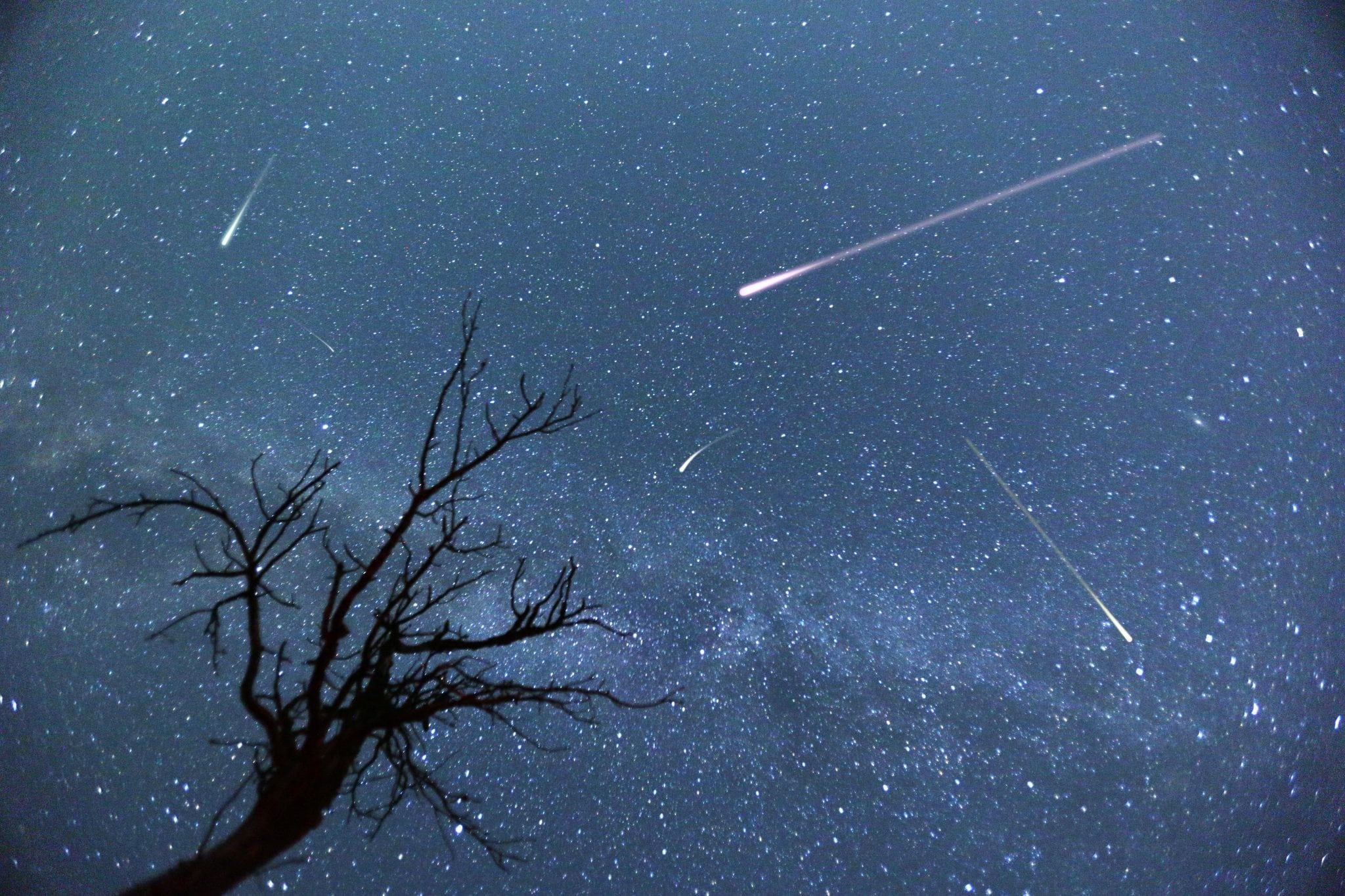
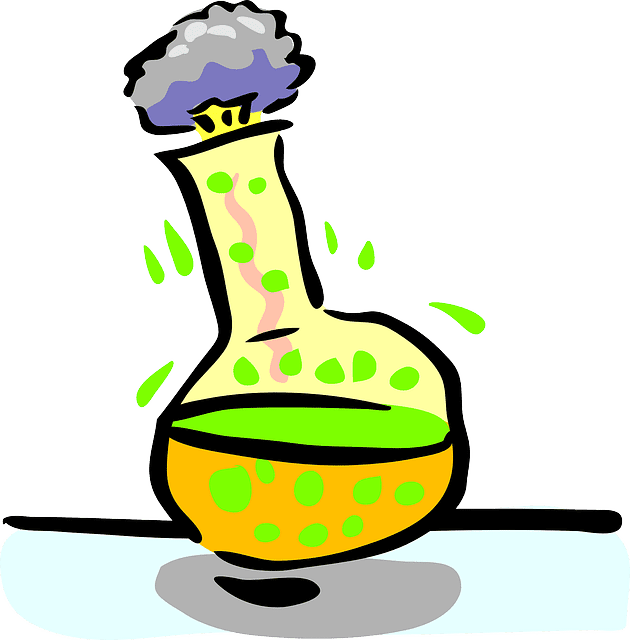
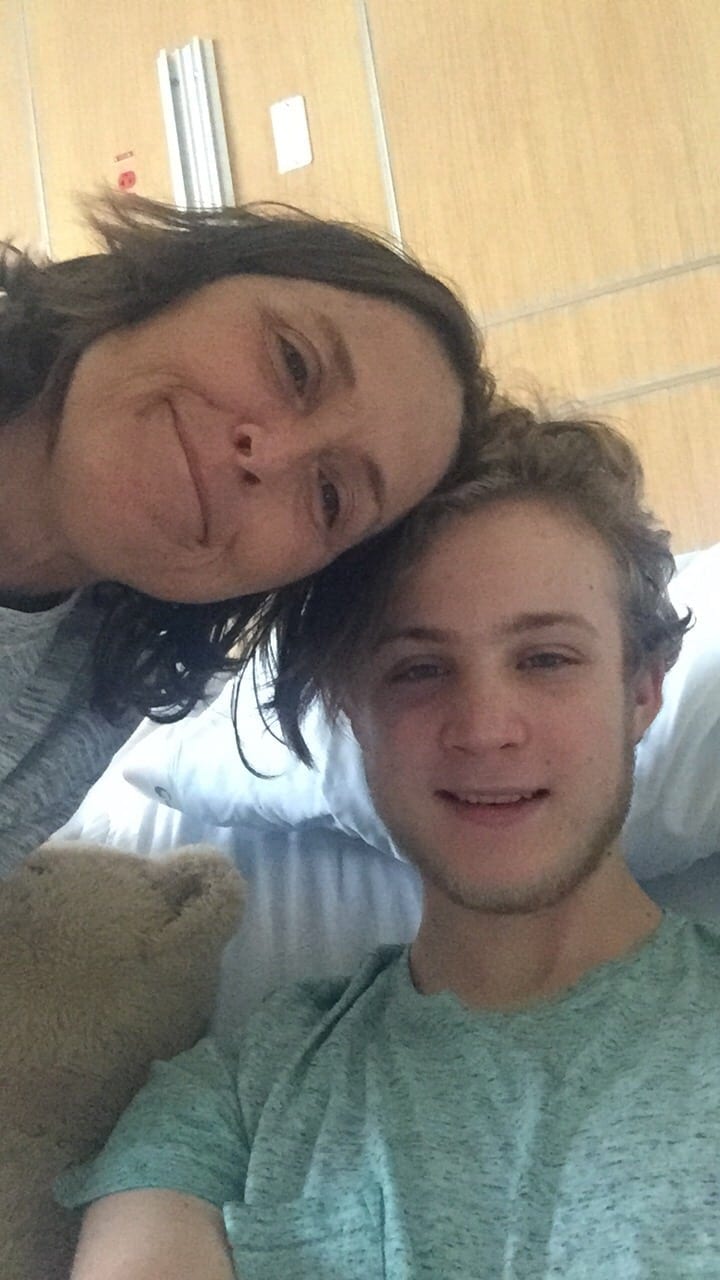
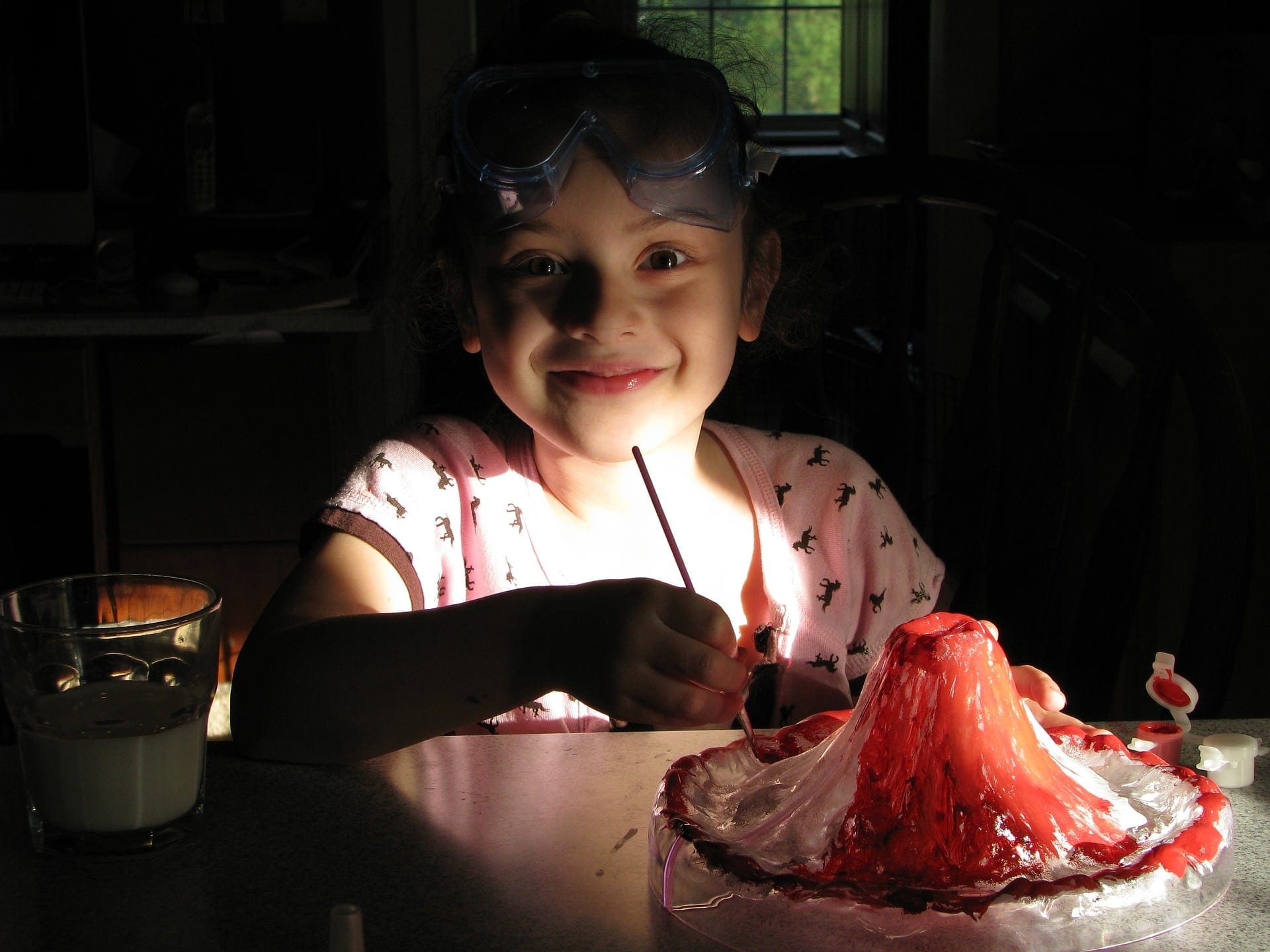
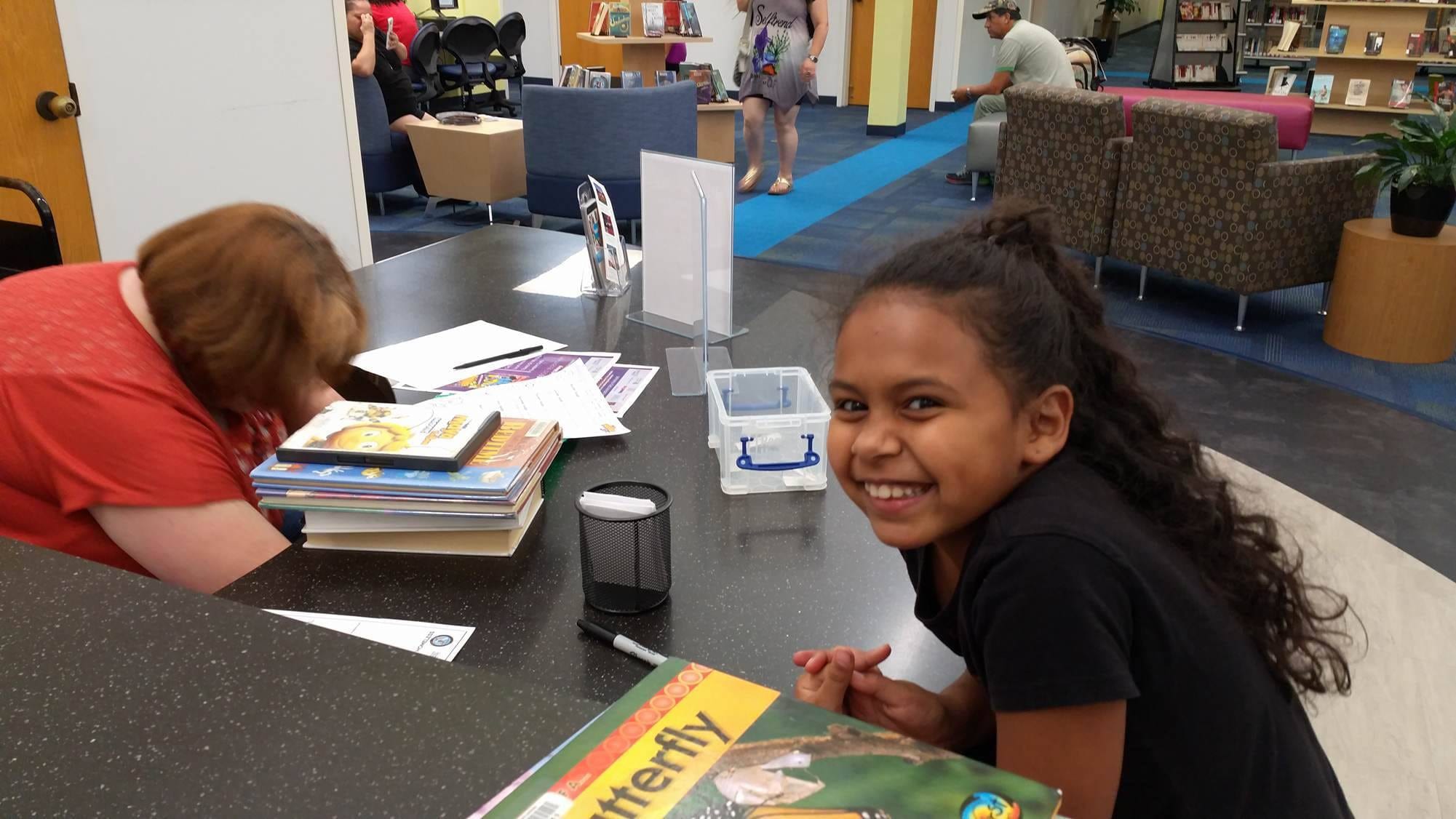
 I was so busy moderating the session
I was so busy moderating the session 